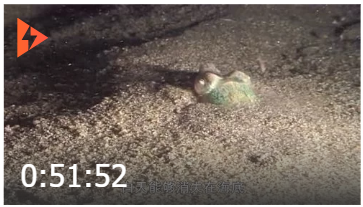“超级病菌为医学术语,近年常用来宣传抗菌素耐药性。1970年后,“超级病菌”一词不时在大众传媒上出现,最初用于描述可清除污染的微生物。[3] 后来,该词演变为描述可抵抗多种抗生素,并且难以治疗的细菌。
近期媒体给予超级病菌密切关注,并由一系列节目突出了公众的观点和态度。[4] 1996年,英国BBC的《全景》栏目播出一期有关耐药性的节目“超级病菌”,重点探讨了肠球菌所有的万古霉素耐药性。
随后在2005年的英国,超级病菌,MRSA(耐甲氧西林金黄色葡萄球菌)更成为了大选期间两大政党的重要辩论主题。[4] 尽管当时对MRSA有大量的新闻和报道,但大多公众仍对抗菌素耐药性的原因,以及可取措施感到困惑 。
如今,关注超级病菌的人士可通过各种渠道加强了解。
观看以下有关超级病菌的短片:
BBC:击败超级细菌 8.2

老梁:细菌耐药性增强成为超级细菌,竟是因为我们造成的

参考文献
1 Nuki, P., & Gulland, A. (2018, May 22). Superbugs: Millions will die if we don't tackle antibiotic resistance. Retrieved from https://www.telegraph.co.uk/news/2018/05/22/superbugs-could-render-even-routine-procedures-deadly-warns/
2 Armstrong, S. (2017, November 04). If we don't act now, superbugs will kill us before climate change does. Retrieved from https://www.wired.co.uk/article/antibiotic-resistance-innovation-dame-sally-davies-nhs
3 Mosher, D. (2012, December 29). What is a Superbug? Retrieved from https://www.livescience.com/32370-what-is-a-superbug.html
4 Reynolds, L. A., & Tansey, E. M. (2008). Superbugs and Superdrugs: A History of MRSA (Vol. 32, Wellcome Witness to Twentieth Century Medicine). Wellcome Trust Centre for the History of Medicine at UCL. ISBN 978 085484 114 1